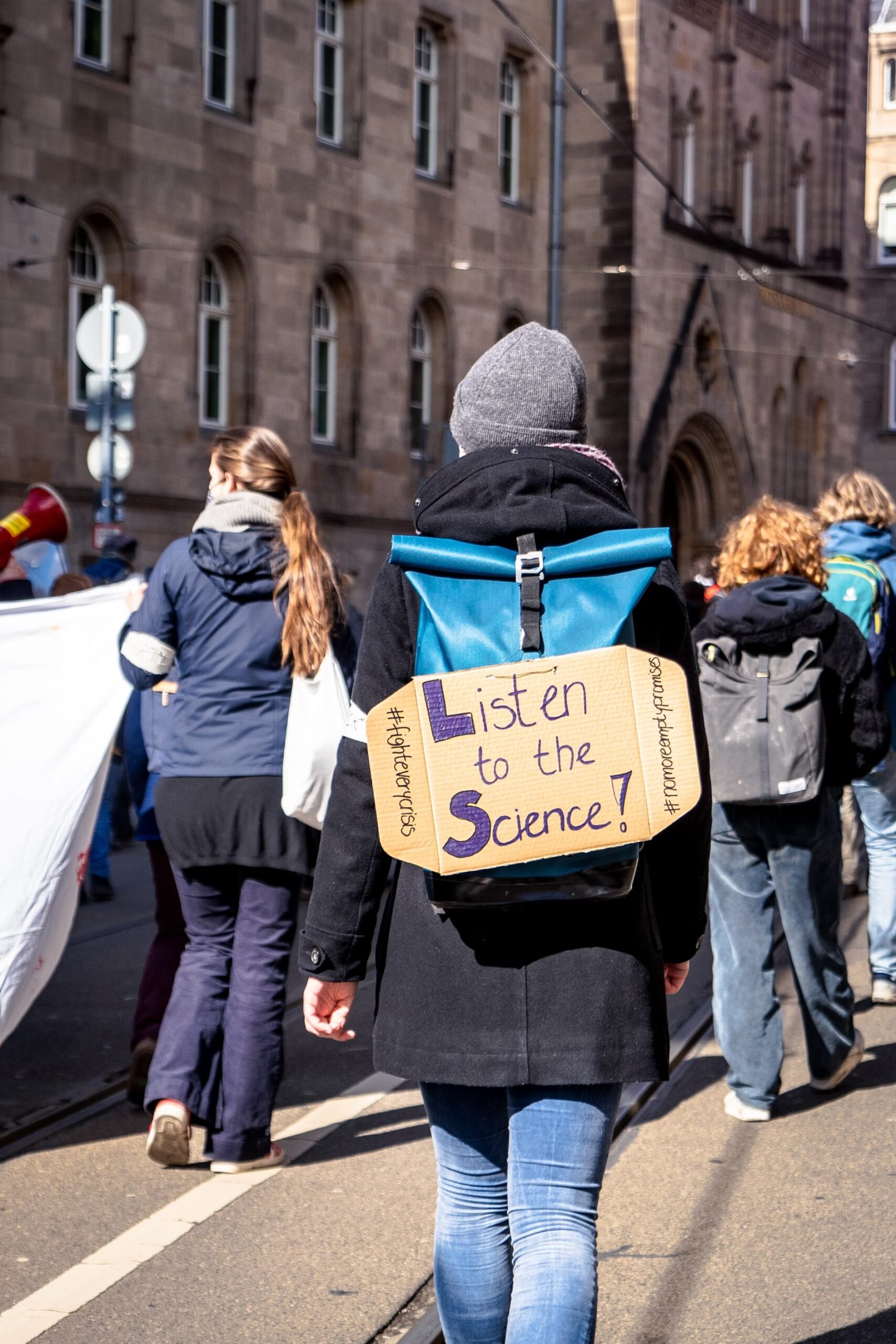Rapid technological advancements marked the rise of media’s steadfast growth—a vital application in shaping popular culture—transforming our communication, socialization, and knowledge exchange approaches. In particular, the emergence of media platforms has dramatically influenced society by contributing to the vitality and power of mainstream culture on a global scale. Social media has become deeply ingrained in our everyday routines and shapes our perception of beauty, fashion, politics, sports, and global crises, such as climate change. The influence of media on our views of environmental problems is profound, shaping our beliefs and actions. Social media, in particular, has the potential to serve as an effective tool in helping the general public combat and mitigate the effects of climate change. Media—by bringing attention to urgent issues such as ecological and environmental degradation—encourages individuals to engage in collective action and mobilize against these threats.
Climate change, primarily driven by anthropogenic activities, constitutes the biggest threat to the biosphere, affecting plants, animals, insects, bacteria, microbial and fungal life, and the very species causing it: humans. Human activity results in the deterioration of natural ecosystems, as resources—such as wood, minerals, and fossil fuels—are rapidly depleted, leading to ecological collapse. Wide-ranging effects of climate change include an increased incidence of severe weather events, warming sea and surface temperatures, rising sea levels, decreasing agricultural outputs, disease outbreaks, and species loss, to name a few. Although climate change directly impacts all living beings, humanity included, this matter has been far removed from the lives and experiences of certain individuals and even entire nations due to its vast geographical reach. As a result, combating climate change is a difficult task that requires thorough planning and mobilization from people around the globe to succeed. Only through global action can a sustainable future for all Earth’s inhabitants be attained.
On the one hand, global change can be achieved by implementing stringent international regulations concerning, for example, the extraction and use of non-renewable energy sources and their end product: greenhouse gases. Additionally, further research and development into and promotion of renewable energy sources would be pertinent, as would integrating these technologies into the public sphere (e.g. public transportation systems). A different approach to enacting global change is cultivating dialogue, raising awareness of pressing issues, and promoting environmentally conscious behaviour, where media plays its biggest role. As public engagement with climate change grows, news channels write more about it, and lawmakers are being pushed more and more to take action to satisfy their constituents. Some environmentalists advocate for developing geoengineering technology to help prevent catastrophic ecological collapse, even though they argue that these methods can only be successful if combined with political intervention and reform. Petroleum-based companies can begin lobbying for using only a fraction of their overall revenue in light of the complete politicization of environmental issues. As a result, to guarantee change, both legislative action and widespread public mobilization are required to halt harmful anthropogenic activities. Social media and pop culture can achieve both, such as the power of information and communication.
A diverse range of actors—including celebrities, artists, activists, and institutions—have brought climate change to the forefront of conversations through various media outlets, including newspapers, books, television, movies, social media and the Internet. As aforementioned, getting individuals to care more about climate change is a path to getting institutions and governments to make their campaigns more green to cater to their constituents’ or customers’ desires. For example, at the 2016 Oscars, in front of 34.5 million live viewers, Leonardo DiCaprio affirmed that “Climate change is real; it is happening right now.“ Data suggests that in the hours following the respected actor’s Oscars speech, the public’s interest in climate change skyrocketed by 261%, illustrated by an acute increase in Google searches. Platforms like the Oscars, attracting millions of viewers tuning in to watch from home and hosting around 3,000 celebrities, reach such a large audience that even a few words can significantly impact individuals, prompting them to change their everyday habits, behaviours, and lifestyles. Media exposure through novels, television programs, films, soundtracks, and discussions from prominent and influential individuals can foster more public engagement.
Individuals appear to spend more time in ‘entertainment-related’ domains as ‘active audiences,’ interacting with various media outlets and redefining the content they are exposed to online. Popular culture, through its narratives, significantly affects the way individuals perceive and respond to climate action. It is through these narratives that individuals generate and transmit, and scientific discoveries, technological developments, and social dialogues help make sense of the world due to their ever-present availability. Media channels and influential individuals play a significant role in shaping these narratives. Media attention on the environment has become a critical platform to convey the gravity of the climate crisis, impacting how the general population perceives and responds to this issue. Stories ranging from pure news coverage to popular entertainment ‘buzz’ propelled the climate question into broader consciousness, moulding public attitudes and personal views by establishing and reinforcing meanings. Therefore, popular culture can continue to motivate social transformation and encourage dialogue around environmental legislation and lifestyle changes.
Edited by Jamie Silverman
In her fourth year at McGill University, Shannon is a staff writer for the Catalyst. Pursuing a double major in Sociology and Art History for her B.A., she is especially interested in social-political discrimination affecting Indigenous communities within Canada and across the globe.

